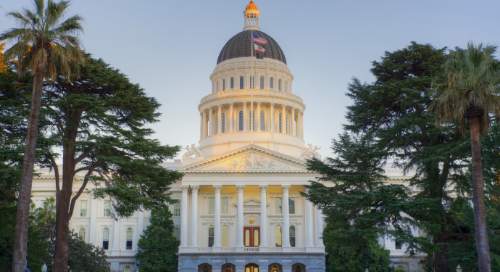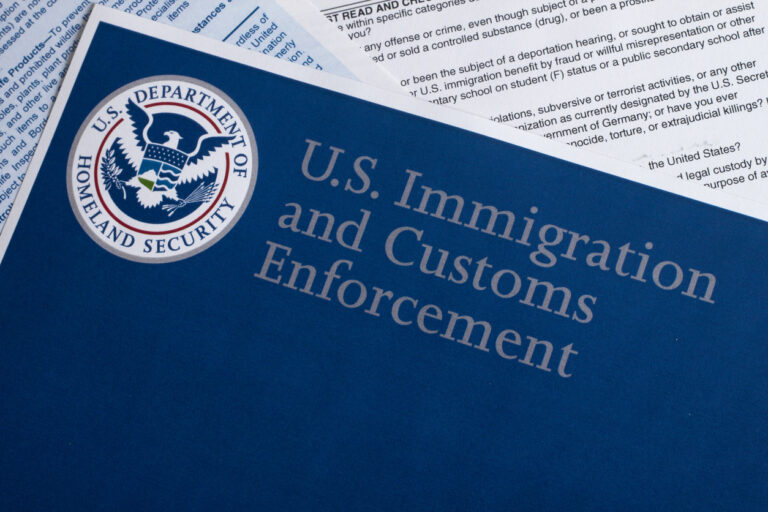
By Oscar Macias
As the school year comes to a close, school and district administrators often find themselves navigating the complex transition from the intense demands of the academic calendar to the relatively quieter summer months. While summer might appear to be a respite, it is also a critical period for administrators to engage in self-reflection and self-care. These practices are essential not only for personal well-being but also for enhancing professional effectiveness and organizational health. This article explores the importance of self-reflection and self-care for school and district administrators during the summer and the need to integrate these practices during every school year.
The role of self-reflection
Self-reflection is a fundamental component of effective leadership. For school and district administrators, it involves a thoughtful consideration of the past year’s successes and challenges, leading to strategic planning for the future. The practice of reflection enables administrators to identify what worked well, what did not, and why. This analytical process is critical for continuous personal and professional growth and informed decision-making.
Leaders who consistently engage in reflection exercises gain increased self-awareness and develop their skills more effectively. By thoughtfully examining past successes and identifying areas for improvement, they can continue to be the kind of influencers who drive the most progressive student outcomes and achievements.
John C. Maxwell recognizes the importance of self-reflection in becoming an effective leader. According to Maxwell, self-reflection allows individuals to analyze their strengths, weaknesses, experiences, and behaviors, providing a foundation for self-awareness and personal growth.
Self-Reflection helps administrators to:
Evaluate leadership practices: Reflecting on leadership styles and strategies can help administrators understand their impact on staff and students.
Develop professional growth plans: Identifying areas for professional development is crucial for ongoing improvement.
Enhance decision-making skills: Reflective administrators are better able to anticipate challenges and plan proactively.
Increase emotional intelligence: Higher emotional intelligence can lead to being a better empathetic leader.
Develop trustworthiness and credibility: Self-reflection can lead to higher levels of integrity and honesty.
Develop a sense of confidence and decisiveness: Reflecting on the past school year’s successes and challenges will lead to the ability to learn and grow from experiences.
The importance of self-care
Self-care is equally crucial for school and district administrators, whose roles are often characterized by high stress and emotional demands. Neglecting self-care can lead to burnout, reduced effectiveness, and negative impacts on school culture and student outcomes. Most leaders recognize the importance of self-care in theory. However, the challenge often arises when it comes to fully committing to a self-care routine. Busy educators frequently overextend themselves, leaving little time or energy for self-care. Prioritizing self-care should not be just another task on the to-do list; it is essential for maintaining balance and equanimity in both personal and professional lives. Self-care strategies can be as simple as reciting a positive affirmation each morning before school or reading an inspirational message.
The goal of self-care is to establish healthy habits and practices that reduce stress and enhance overall quality of life. For schools to create an environment where students thrive, they must provide space for teachers and leaders to take care of themselves. Educators cannot sustain the inherent pressures of the profession without a strategy to minimize, mitigate, and manage stress. Self-care is not just another task — it is the essential practice for achieving personal and professional success.
Stephen Covey’s concept of “Sharpening the Saw,” from his influential book “The 7 Habits of Highly Effective People,” underscores the necessity of continuous self-renewal and improvement. This principle is especially crucial for school leaders, as it involves taking time to rejuvenate and maintain balance across four key dimensions: physical, mental, social/emotional, and spiritual. By prioritizing activities that enhance their well-being — such as exercise, reading, cultivating meaningful relationships, and engaging in personal reflection — school leaders can sustain their energy and effectiveness. “Sharpening the Saw” ensures that leaders remain resilient and capable of meeting the demands of their roles with clarity and purpose. This commitment to ongoing self-care and development not only boosts their own performance but also sets a positive example for their staff, fostering a culture of well-being and continuous improvement within the school community.
Examples of self-care practices
For school/district administrators, effective self-care can take various forms:
Physical self-care: Regular exercise, sufficient sleep, and a healthy diet are foundational to maintaining physical health and energy levels.
Mental and emotional self-care: Practices such as mindfulness, meditation, and engaging in hobbies can help reduce stress and improve emotional resilience.
Professional self-care: Setting boundaries to ensure a work-life balance, seeking professional development opportunities, and engaging in peer support networks are essential for sustaining professional well-being.
Family first attitude/mindset: School/District leaders must have a “family first” attitude to ensure they maintain a healthy work-life balance, which is essential for their overall well-being and effectiveness. Prioritizing family helps leaders model the importance of personal life balance for their staff, fostering a supportive and empathetic school culture.
The Long-Term Benefits
The benefits of reflection and self-care last well beyond the summer months. Administrators who prioritize these practices are more likely to enjoy sustained well-being and professional satisfaction. They are better equipped to lead with clarity, resilience, and a renewed sense of purpose, which positively impacts their ability to cultivate a supportive and thriving educational environment.
Conclusion
For school and district administrators, the summer provides a unique opportunity to engage in meaningful self-reflection and self-care. These practices are essential for effective leadership, not mere luxuries. By dedicating time to reflect on the past year and prioritize self-care, administrators can ensure they are well-prepared to face the challenges of the upcoming school year with renewed energy and insight. Investing in personal well-being and professional growth benefits not only the administrators themselves but also the entire school community.
Oscar Macias, Ed.D., is the Director of Secondary Education and Diversity, Equity, and Inclusion for the Burbank Unified School District.




























